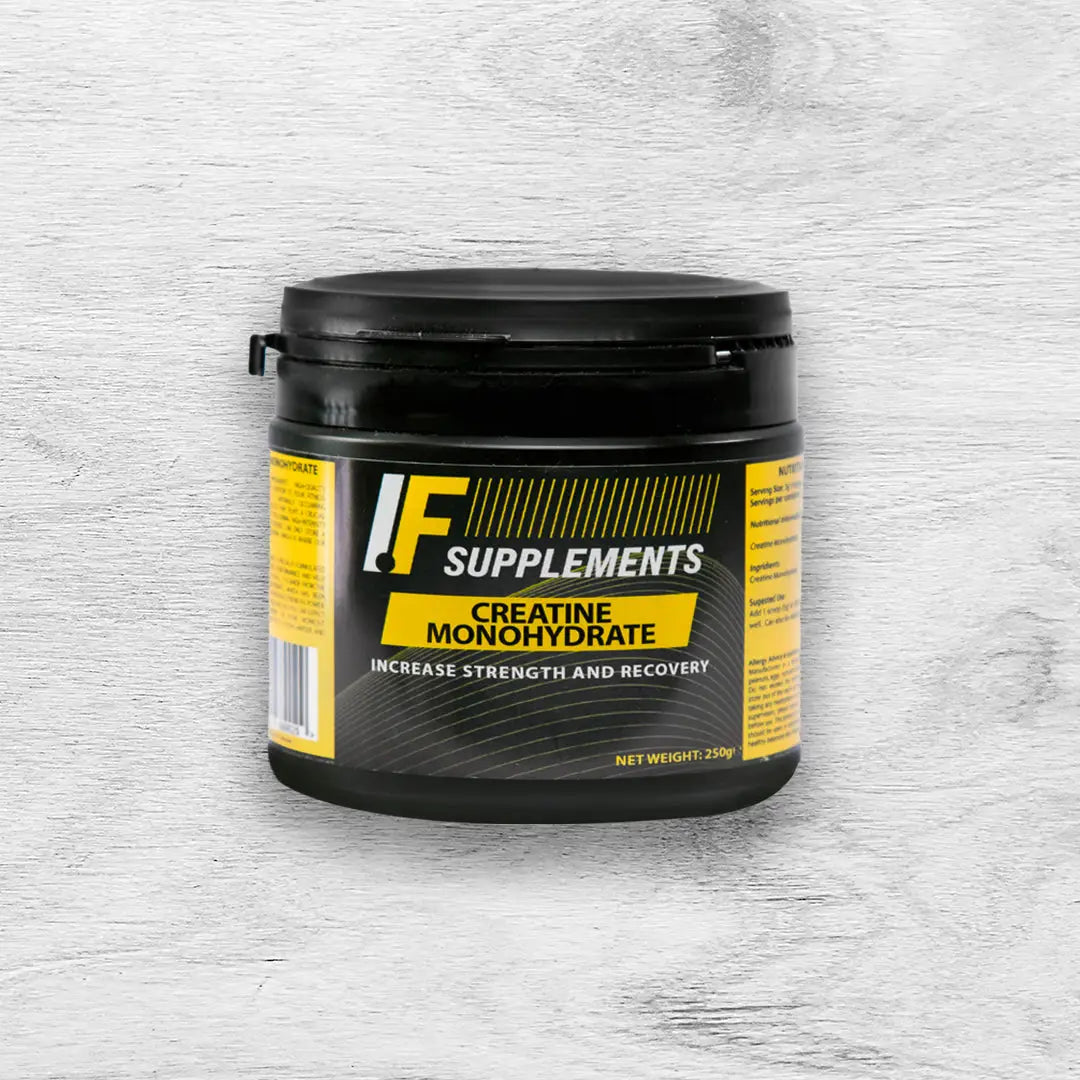
Types and Benefits of Creatine
Share

Creatine is one of the most widely used supplements among athletes and fitness enthusiasts looking to enhance exercise performance and support muscular development. While the body naturally produces creatine, it can also be obtained from dietary sources such as meat and fish, as well as through supplementation for increased intake. Below, we’ll discuss the potential benefits of creatine supplementation, as well as the unique features and advantages offered by various forms of creatine available today.
Benefits of Creatine Supplementation:
Types of Creatine:
As the most extensively researched and widely used form of creatine, creatine monohydrate offers a strong track record for safety, effectiveness, and affordability. Its simple composition—a single molecule of creatine combined with water—ensures reliable results for both beginners and experienced athletes. Many studies identify creatine monohydrate as the gold standard for creatine supplementation.
This form of creatine is chemically altered to improve absorption in the body, but clinical findings suggest no greater effectiveness than creatine monohydrate in enhancing strength or muscle gains. It may be preferred by individuals looking for an alternative to the standard form.
This specialized form of creatine features a higher pH, making it less acidic. Buffered creatine may help minimize gastrointestinal discomfort or bloating sometimes associated with traditional creatine monohydrate, offering a gentler option on the stomach.
Creatine hydrochloride delivers enhanced solubility in water, leading to potentially quicker absorption by the body. While this form of creatine is often marketed for its superior mixability and reduced dosage requirements, current research still finds creatine monohydrate equally effective for most users.
This form of creatine features smaller particle sizes, which improve dissolvability in liquids and may increase comfort during digestion. Micronized creatine provides another way for individuals who experience GI issues to benefit from creatine supplementation.
Conclusion:
For anyone looking to improve muscle performance, increase strength, or support cognitive health, creatine remains one of the most effective and well-established supplements available. Creatine monohydrate is often recommended as the best starting point due to its proven safety and value, but there are alternative forms of creatine designed to address individual needs for absorption, mixability, or digestive comfort. Whether seeking gains in the gym or greater mental clarity, supplementing with the right form of creatine can provide significant benefits for a range of fitness and wellness goals.